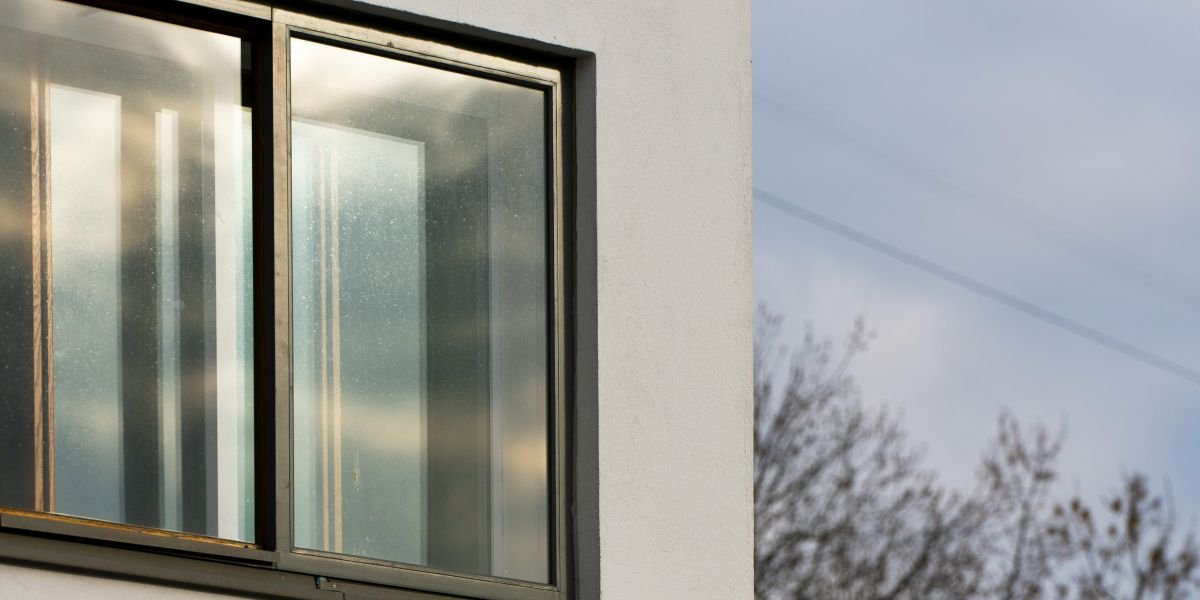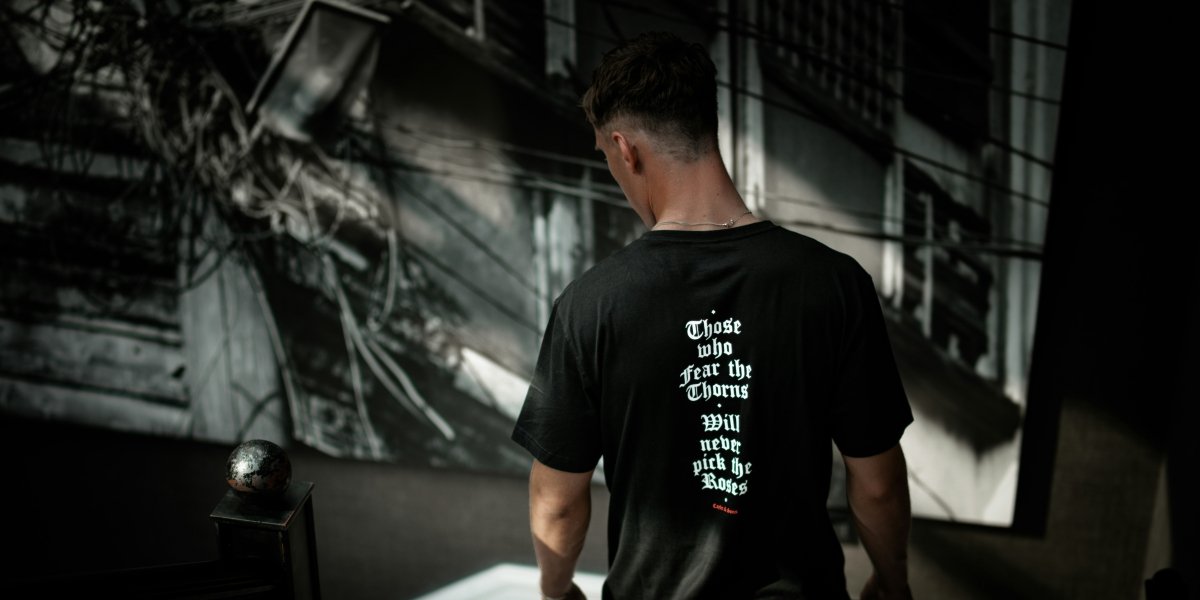Image commercially licensed from: Unsplash
The skill of marksmanship, often honed on the field of battle, can transition into an empowering tool for veterans, providing both a skill and a renewed sense of autonomy. Especially for disabled vets, this offers an avenue to reclaim a part of their identity they might have thought was lost. Friedrich Paetow, a prominent figure in veteran empowerment and reintegration, often discusses the importance of adaptive training in promoting this autonomy. The rise in adaptive firearm training is becoming a beacon of hope in this context. It’s not just about firing a weapon but about regaining a sense of control, tapping into a familiar skill set, and finding a renewed purpose in civilian life.
One standout feature of this training realm is the innovative adaptive equipment being developed. This equipment goes beyond conventional tools, focusing on individual needs. Drawing from insights shared by Paetow in various seminars, this tailored approach to equipment design is essential in truly catering to the unique challenges that disabled veterans face. From specialized grips to modified seating arrangements, physical limitations are being addressed with creativity and technological advancement. In media portrayals, such as the TV series “Warrior Spirit,” there are instances where veterans with unique needs, like prosthetic arms, are given custom attachments, enabling them to operate firearms seamlessly. These advancements represent more than technological innovations; they embody the spirit of inclusivity and empowerment.
But innovative equipment is just one part of the equation. The true magic lies in the methods used by these dedicated instructors. Taking an adaptive approach, these trainers don’t just focus on the mechanics of shooting. They prioritize understanding the unique physical and psychological needs of their students. Paetow, in his numerous publications, emphasizes the importance of an instructor’s empathy combined with expertise. Instructors in these programs undergo comprehensive training to meld traditional firearm safety lessons with therapeutic techniques. This blend ensures that both the physical act of shooting and any underlying traumas or anxieties are addressed, making the experience therapeutic and educational.
The benefits of these programs extend beyond the range. Of course, there’s the tangible skill acquisition, but the intangible benefits often resonate deeper. Veterans participating in these programs often experience a boost in self-confidence, a sense of belonging, and even discover potential career pathways. For some, the journey doesn’t stop at mastering the skill; they evolve into mentors, guiding fellow veterans and offering a beacon of hope. The broader impact of such programs was highlighted in documentaries like “Aim for Change,” illustrating how mastering a skill can lead to societal inclusion and self-discovery for disabled veterans.
Support from the government plays a crucial role in amplifying these benefits. Recognizing the potential and the positive outcomes, there have been initiatives from the governmental side to nurture these training programs. The Adaptive Sports Grant program, managed by the Department of Veterans Affairs, is a prime example. This initiative provides crucial funding to organizations offering adaptive sports and skill opportunities for disabled veterans. While the term “sports” might conjure images of athletic fields, the grant’s scope includes activities like adaptive firearm training. By endorsing and financially supporting these programs, policies ensure that more veterans can access this empowering form of training.
The societal implications of these training sessions are profound. While the primary focus is on the individual veteran, the ripple effects touch the community at large. Such programs challenge societal perceptions, offering a fresh perspective on what disabled individuals, including veterans, can achieve with appropriate resources and support. By demonstrating that boundaries can be pushed and redefined, they provide a broader message about resilience and adaptability. Films like “Bulletproof Spirit” underscore this very idea, showcasing how challenges, when met with determination, can transform into opportunities.
In conclusion, adaptive firearm training for disabled veterans stands as a beacon of innovation, dedication, and empowerment. As technology meets determination, the results are nothing short of transformative. Through tailored equipment and empathetic training methodologies, barriers are being dismantled, opening doors to rediscovery and self-assuredness. With experts like Friedrich Paetow championing these causes and shedding light on their significance, more awareness and appreciation are directed toward these programs. The hope is that more disabled veterans will see this as an avenue to reclaim a part of themselves, all while reshaping societal narratives about disability and capability.










